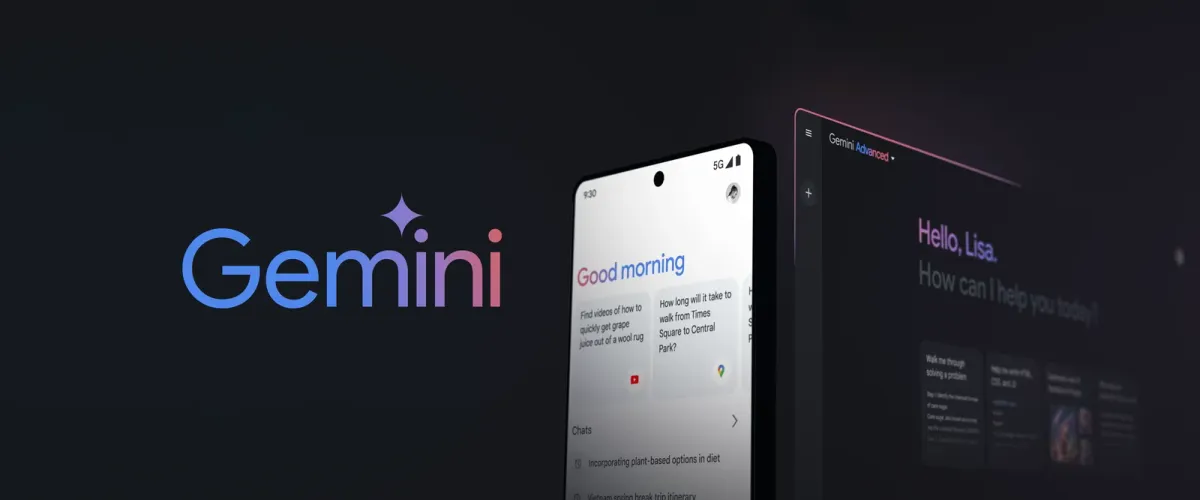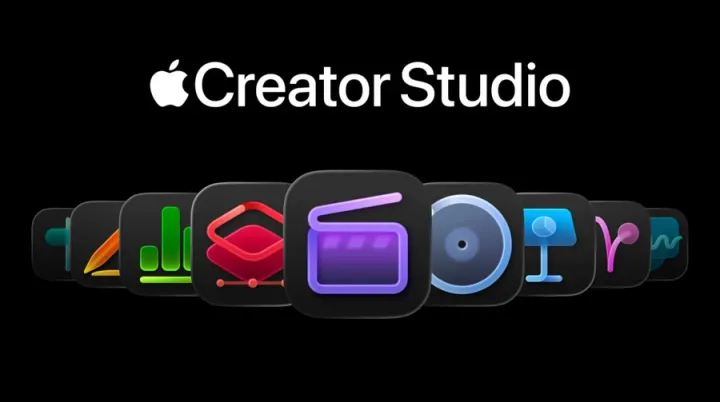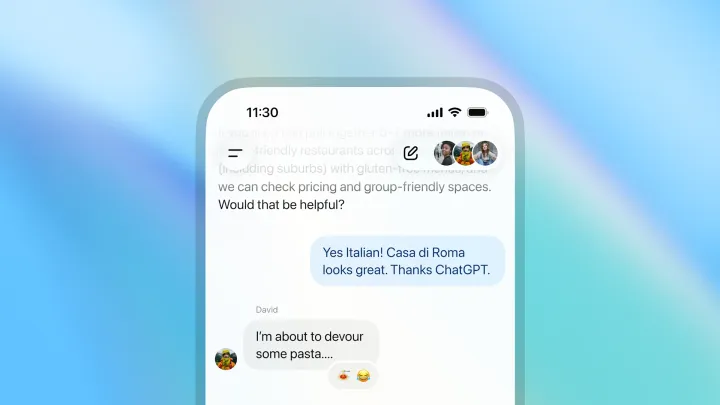Google's AI Evolution: Introducing Gemini
Explore Google's transformative shift towards Gemini, its unified AI platform reshaping the digital landscape.

Google is renowned for its plethora of products, often bearing distinct names that can be perplexing in their differences. However, within its AI initiatives, there emerges a singular focal point: Gemini.
In a recent announcement, the company revealed its decision to rebrand its Bard chatbot as Gemini, introducing a dedicated Android app under the Gemini moniker. Additionally, all functionalities of Google Workspace's Duet AI will be consolidated into the Gemini brand. Notably, the release of Gemini Ultra 1.0 marks a significant milestone, representing Google's most expansive language model, now available to the public.
:format(webp)/cdn.vox-cdn.com/uploads/chorus_asset/file/25273310/CleanShot_2024_02_07_at_18.40.59.png)
Primarily encountered through its mobile applications, Gemini offers a notable feature whereby Android users can designate it as their default assistant, supplanting Google Assistant in responsiveness to commands such as "Hey Google." While Assistant remains extant, Google's strategic focus appears to lie with Gemini, as emphasized by Sissie Hsiao, overseeing Bard (now Gemini) at Google, who regards it as a pivotal advancement towards a more capable AI assistant.
Though lacking a dedicated iOS app and unable to supplant Siri as the default assistant, iOS users can access Gemini's AI features through the Google app. Reflecting Google's emphasis on Gemini's significance, an app toggle allows users to seamlessly transition between Search and Gemini functionalities. This underscores a perceptible shift in Google's prioritization, with Gemini potentially rivaling the longstanding importance of Search.
Beyond rebranding efforts, the core functionalities of Gemini remain largely unchanged, retaining the familiar user experience within Google's suite of Workspace applications. Notably, the highest-tier Gemini Ultra model requires a subscription to Gemini Advanced, bundled within the Google One AI Premium plan, which includes additional features and storage benefits.
:format(webp)/cdn.vox-cdn.com/uploads/chorus_asset/file/25273303/Google_One_plans.jpg)
According to Hsiao, Gemini Ultra represents a state-of-the-art AI model, excelling across various benchmarks encompassing text, image, audio, and video processing. With capabilities extending to nuanced tasks like coding and logical reasoning, Gemini Ultra aims to set new standards in AI performance.
Google's steadfast commitment to Gemini underscores its ambition to remain competitive within the AI landscape, positioning itself against formidable rivals like OpenAI and Anthropic. While initial assessments of Gemini-powered Bard demonstrated impressive capabilities, Google faces the ongoing challenge of maintaining pace with industry advancements, all while fostering developer adoption of Gemini over competing platforms.
In contrast to past endeavors such as Google Plus, where company-wide focus faltered, Google's dedication to AI signifies a cohesive strategic direction. Consequently, Gemini emerges as a pivotal element in Google's evolution into an AI-centric entity, poised to rival the prominence of its flagship products.



